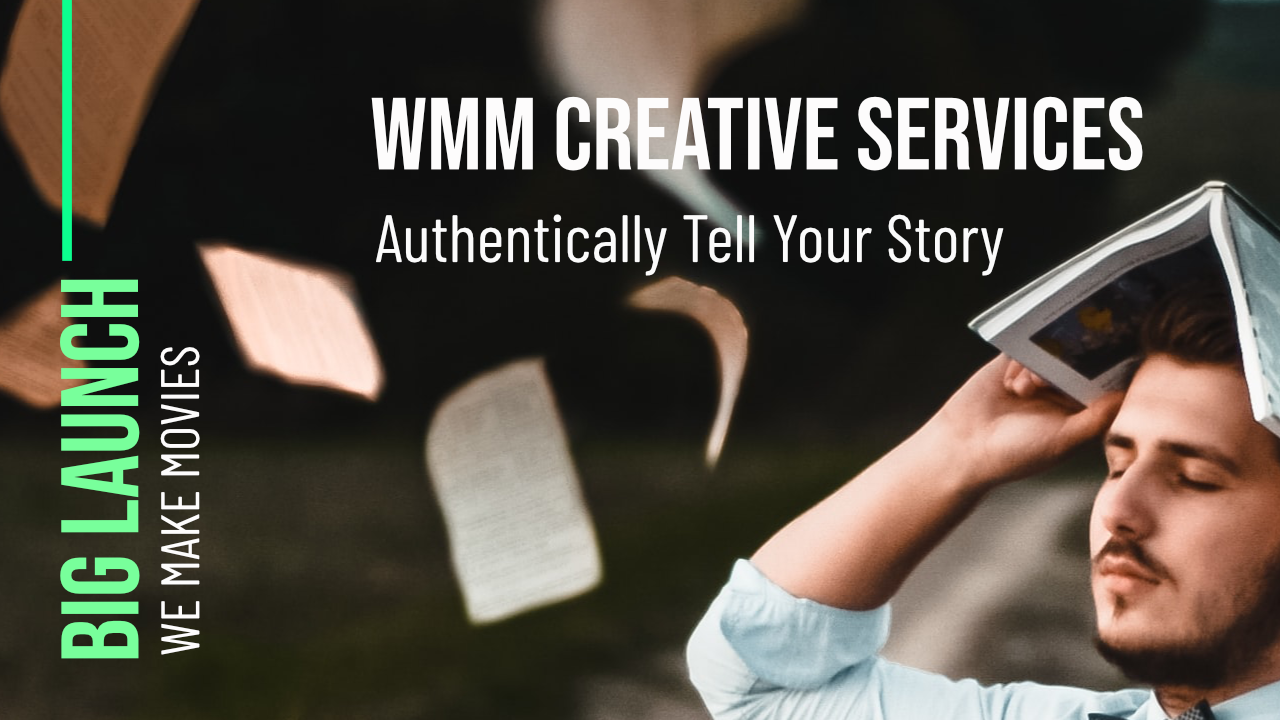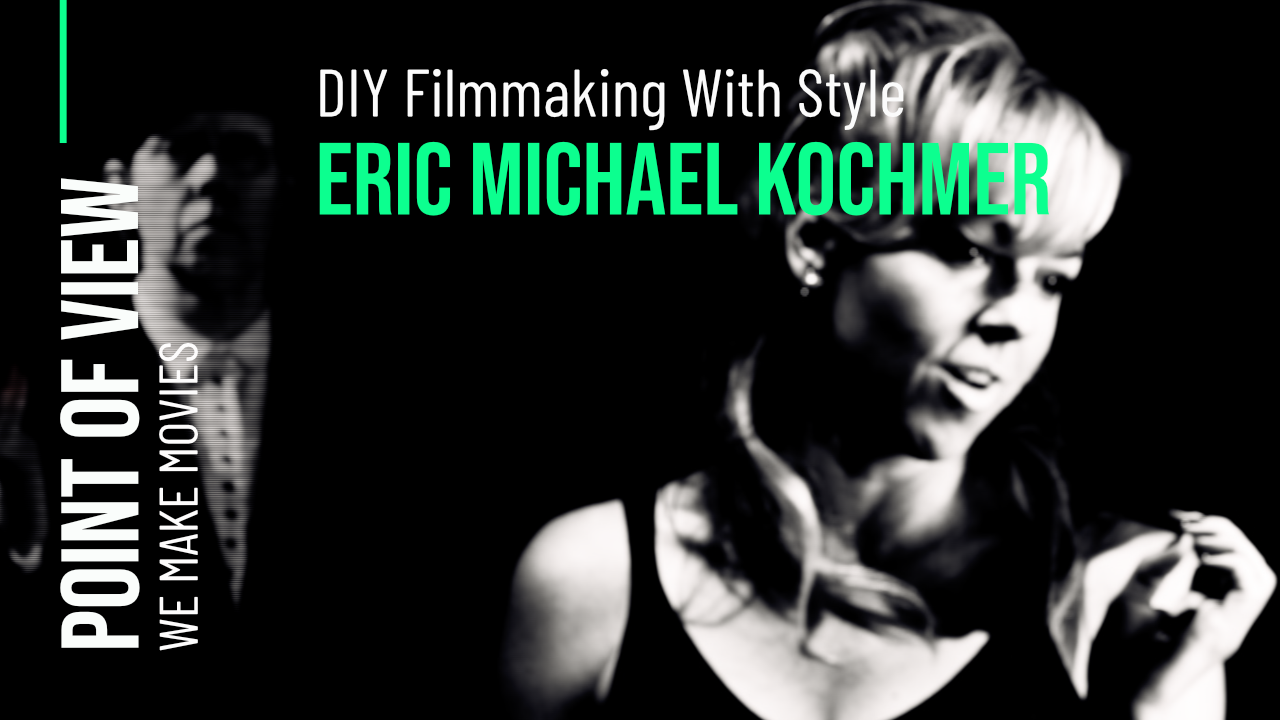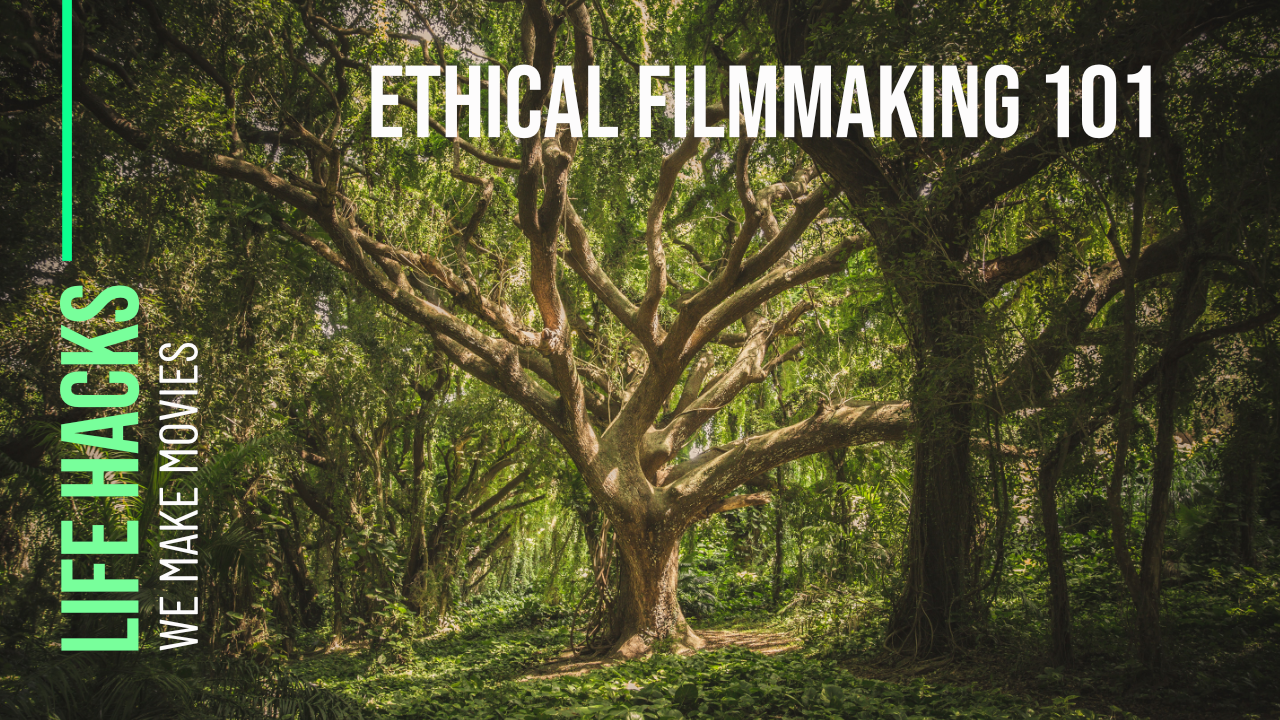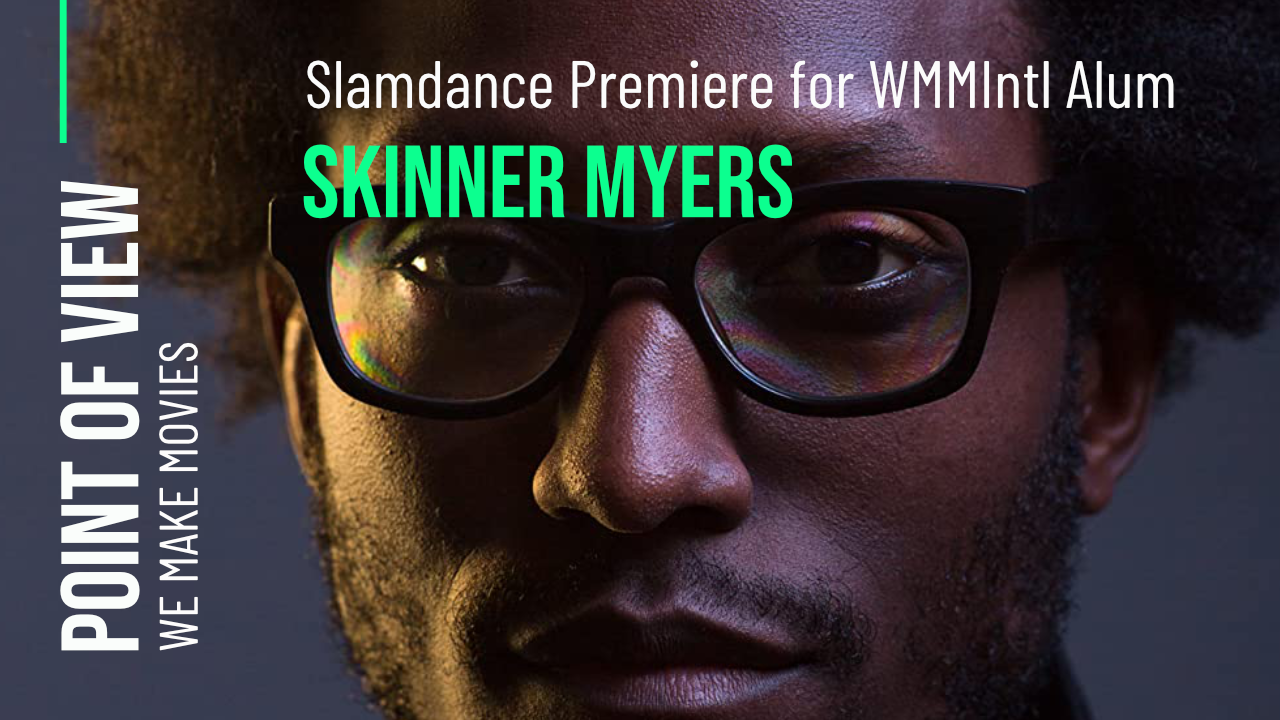WMM BLOG
WMM Creative Services - Authentically Tell Your Story

From facilitating a structured, community approach around the filmmaking process (through our Lab Pipeline), educating filmmakers (through professional tutorials, industry workshops and webinars, and Smartphone Studio programming), and providing affordable production and post-production resources (like insurance and other services), WMM has firmly established itself as a presence in the indie film community. With these facets of the film collective and production company thriving, CEO Sam Mestman, President Aubrey Mozino, and constant collaborator and member Steven LaMorte, are bringing the same community-minded, budget-conscious, quality-driven spirit to the newest division of the WMM family - WMM Creative Services.
Indie Film Development - WMM Lab Pipeline

We Make Movies has made a name for itself as a diverse, synergistic, sustainable ecosystem for artists and content creators. We have been paving the way towards democratizing storytelling, and the industry as a whole. Gone are the days when excessive financing, unattainable tools of the trade, and permission from industry gatekeepers unnecessarily limit us from telling stories. We’re dedicated to empowering creatives of all ages by providing free weekly labs, discounted resources and services, educational industry events, showcases, and film challenges.
POV: Hobbyist To Award-Winning Filmmaker
Meet Robert Philipson of Shoga Films, a former professor of African-American studies, published author, and Harlem Renaissance historian. His work encompasses the intersectionality of race, music, & sexuality, through the unique lens of a queer Jewish man. An accomplished filmmaker of multiple award-winning films, Philipson has carved out a niche space for himself and his collaborators. WMM had a chance to catch up with him, in anticipation of his latest short film, Smoke, Lilies, and Jade.
WMM: Where are you from, what is your background, and how do you think that informs what you do as a filmmaker?
RP: I grew up in Pasadena and pretty much lived in California (undergrad at UC Santa Cruz) until I went to Africa as a Peace Corps Volunteer from 1974-77. As a result of that experience, I worked towards a degree in Comparative Literature with a specialty in Black and African literature. Unable to get a tenure-track position, I left academia in the early 90s and reinvented myself sever...
POV: Community Is Everything For Filmmakers

In anticipation of the We Make Movies Creative Services launch, we thought we would chat with its Creative Director, Steven LaMorte. A director at heart, who enjoys empowering other people, and producer by trade, who produces like a director, Steven has made a name for himself as a special effects artist through his company Sleight of Hand Productions. He teamed up with WMM to teach mobile filmmaking to students of all ages all over the globe, and discovered the culture and values around filmmaking we embrace match his own sensibilities. He wishes to be the producer that he wishes he had while learning to make films, and considers himself to be "like mom and dad - I want you to have the sun, the moon, and the stars, but also be aware of budget." Welcome aboard, Steve!
SL: I'm originally from Staten Island, New York. Growing up as an only child, movies - especially science...
POV: DIY Filmmaking With Style

We had a chance to sit down with the dedicated Chief of Production of We Make Movies, Eric Michael Kochmer. As a longtime member of the collective, he has always made himself available to the community, while broadening his own skillsets as he made his films. His tireless efforts to bolster fellow indie filmmakers led to the development of the production services offered through our production company. He is industrious, kind, and enterprising, but what makes him tick? We asked him!
WMM: Where are you from, what is your background, and how do you think that informs what you do as a filmmaker?
EMK: I grew up on a dairy farm in Pennsylvania and then I moved to New York City to study experimental theater. I’ve always had an interest in the peculiar which turned into a passion for the avant garde. Work that pushes the traditional boundaries of style and form, as well that pushes the envelope on what is appropriate and comfortable. Now that I think about it, that is probably how I felt ...
Anti-Racist Filmmaking: Showing Up

[This is PART V of the WMM Anti-Racist Filmmaking blog series. Visit wemakemovies.org/blog for the previous FOUR parts.]
So you've left the meeting. You were attentive and taking notes. You digested all the ways in which we are all complicit in racism, have educated yourself on the unspeakable atrocities endured by Black people in this country, and are beginning to understand how far-reaching racial injustice extends itself, embedding itself in every facet of American life. But you're left still not knowing what to actually do. Like every diligent person who ever walked away from a meeting, you want to know, what are your action items?
Well, we found some ideas from experts who have devoted their lives to the fine work of racist education and and have shared them below.

Go out in the world and switch up what you notice. Don't take anything for granted. Ask different questions than you have before. Diversity Educator, Dr. Eddie Moore, Jr. from (America & Moore) suggests you begin...
Anti-Racist Filmmaking: Read & Listen

[This is PART IV of the WMM Anti-Racist Filmmaking blog series. Visit
wemakemovies.org/blog for the next FOUR parts.]

The following is by no means a complete list, but it is a place to start.
- Me and White Supremacy: Combat Racism, Change the World, and Become a Good Ancestor, by Layla F. Saad
- White Fragility: Why It's So Hard for White People to Talk About Racism, by Robin DiAngelo
- So You Want to Talk About Race, by Ijeoma Oluo
- Stamped from the Beginning: The Definitive History of Racist Ideas in America, by Ibram X. Kendi
- The New Jim Crow: Mass Incarceration in the Age of Colorblindness, by Michelle Alexander
- How to Be an Antiracist, by Ibram X. Kendi
- Americanah, by Chimamanda Ngozi Adichie
- Women, Race, & Class, by Angela Davis
- The Next American Revolution: Sustainable Activism for the Twenty-First Century, by Grace Lee Boggs
- Fatal Invention: How Science, Politics, and Big Business Re-create Race in the Twenty-first Century, by Dorothy Roberts
- The Bluest Eye, by Toni M...
Anti-Racist Filmmaking: Watch List

[This is PART III of the WMM Anti-Racist Filmmaking blog series. Visit
wemakemovies.org/blog for the other FOUR parts.]
Dear Filmmakers, it's time we refine our catalogue of films that detail the Black experience. The American collective knowledge of the film franchise, Friday, the seminal Boyz N The Hood, and the eminent Malcolm X just doesn't cut it. There are a plethora of films Black voices have offered up, and they beg to be consumed with as much enthusiasm and appreciation as any film from their White counterparts.
There are films that were previously buried by the American ego, but have recently been resurrected in light of the BLM movement gaining a newfound audience in the past year. The Black Power Mixtape 1967-1975, directed by Swedish filmmaker Göran Olsson, is one such film. Genre-busting content such as the racial revelation disguised as a superhero, sci-fi series Watchmen (created by Damon Lindelof), and comedic, fantasy joyride Sorry To Bother You (directed by Boots R...
Ethical Filmmaking 101

Please note that WMM NEVER wanted to become the arbiters of taste and decency for its community. We HATE censorship of any kind. However, given the times we are living in, we also feel that artistic guidelines for the community that we want to have and participate in, are needed.
Above all, we feel if you operate with the golden rule of “Do unto others as you would like to have done unto yourself,” we want to think that you will never have a problem with a piece that you bring to We Make Movies. However, because everything in our world now needs to be spelled out, and mutual respect and decency are no longer givens in our society, here is our official policy on what is and is not acceptable in the We Make Movies community.
We Make Movies holds the following truths to be self evident:
- You have a right to the freedom of speech and the freedom to explore challenging ideas and subject matter.
- You have a right to develop your voice as a creator.
- You have a right to respectful feedba...
POV: Slamdance Premiere for WMMIntl Alum Skinner Myers


